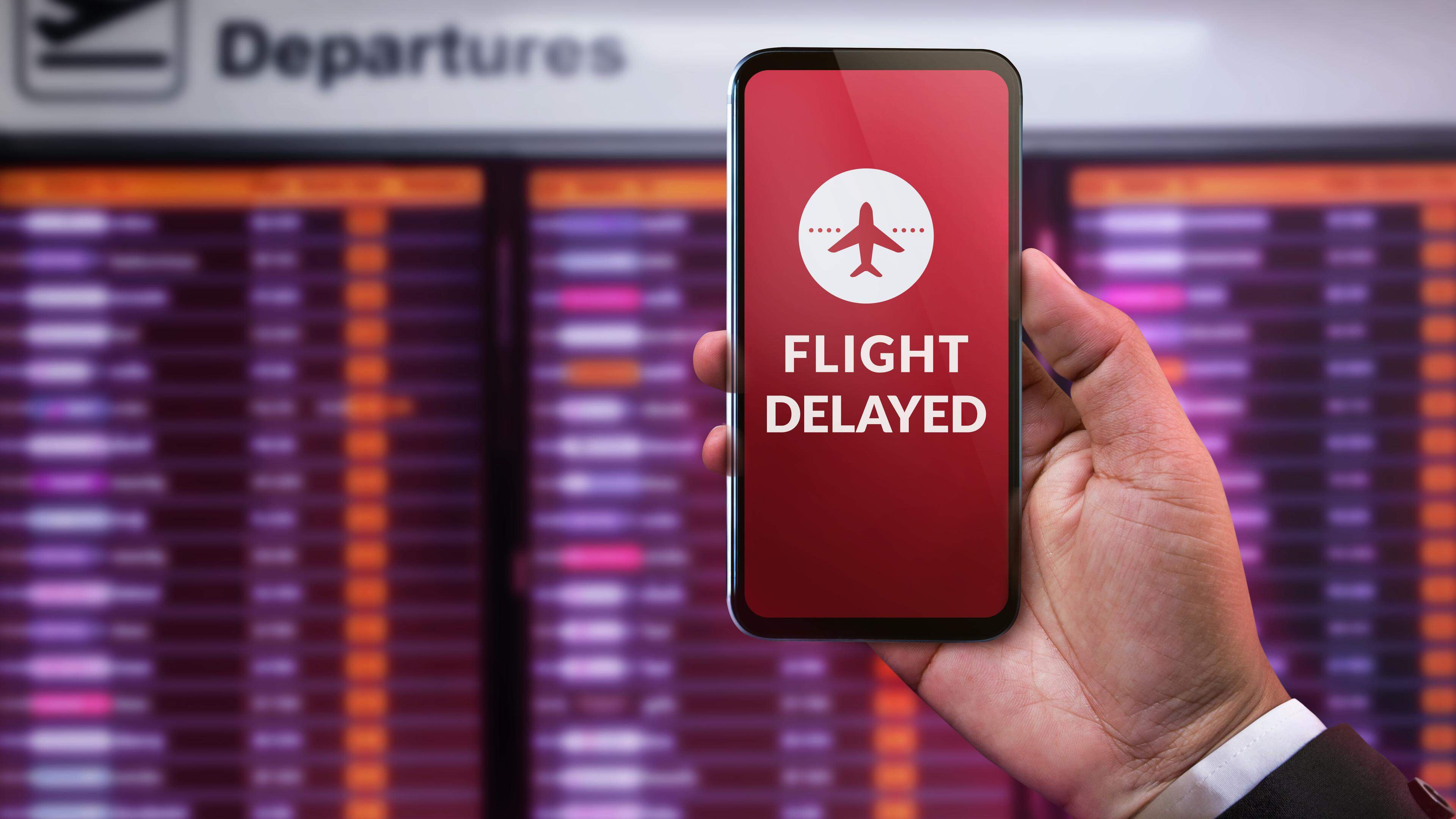The best anti-stress strategies start in the head

Phew, it was a stressful day again! A certain amount of tension can increase the performance, but if the pressure no longer subsides, health suffers. In surveys, a high percentage of employees regularly states to feel stressed by stress: According to a survey by the German KKH commercial health insurance, 43 percent of professionals are often under pressure, 15 percent even very often. And a survey by the Pronova BKK from 2023 determined that 61 percent of employees are at risk of developing overload. But what makes work stressful? And how can the load be reduced in a targeted manner?
How does stress arise in the workplace?
Stress researchers have identified a number of possible triggers, so -called stressors. Time pressure often plays a role, says Anne Casper, professor of work and organizational psychology at the Free University of Berlin. « You have the feeling that you have to do more than you can master well in the existing time. » Either there are too many tasks or the order is too complex for the time window that was granted.
But not only the work itself can burden: Problems in the social field, conflicts in a team or with superiors « are often associated with intensive stress, » says Casper. And then there are the little annoyances in the office, the defective printer, the connection problems at the video conference, the new software full of bugs, which overflow the famous barrel in total.
Do digital technologies provide additional stress?
The world of work has changed significantly in the past decades, and again in the past five years since the beginning of Corona pandemic. Work organization and communication were digitized, the home office with video calls from the exception- to the normal case.
« Digitization brings with it some new stress -triggering factors. But above all, it enables classic stress factors to arrive in a wealth of employees, as was not the case before, » says Julia Lanzl. At the Chair of Digital Management at the University of Hohenheim, she deals with the question of how companies successfully use the potential of digitization in order to make work productive and at the same time human -friendly.
It is not the laptop or the service cell phone per se cause stress, according to Julia Lanzl from the University of Hohenheim, but the fact that you can permanently contact. Photo: Shutterstock
Because not the laptop, the service cell phone or the new messenger program for communication in the team caused the stress per se, says Lanzl, « but rather the fact that the manager can now still be contacted on weekends or on vacation ». Many employees felt monitored by digital tools and forced to constantly presence. In addition, the notifications about new emails and chat messages are high on the list of digital stress factors. « Process me, now, immediately », signal the pop-up windows and the focus on the actual task is gone.
When does stress become a problem?
Stress is a natural reaction of the body to a challenge or threat. It activates the so-called combat or escape system: the body releases stress hormones such as adrenaline, noradrenaline and cortisol, which accelerate the heartbeat, increase attention and tense the muscles. Typical stress symptoms are a quick pulse, rapid heartbeat, sometimes also stomach problems, you react excited and annoying.
In the best case, the symptoms sound if the challenge is mastered. « Problems with disease value can develop if stressful phases do not oppose any phases of relaxation, » says stress researcher Anne Casper. Chronic stress increases the risk of mental illnesses such as burn-out or depression and can cause physical complaints such as cardiovascular diseases, high blood pressure and sleep disorders.
What role does your own attitude to stress?
Not only the external circumstances are decisive for stress sensation, but also the inner attitude: « Studies show that the way we think about work has an impact on how we are doing, » says Casper. Are the thoughts just about the things that went badly? Or manage to focus on the success? « People who also see the positive are more adaptable in more stressful situations and react with better coping strategies to their daily workload, » says the psychologist.
Which strategies best help against stress?
Tip 1: Watch yourself. Sounds banal, but is a very crucial point to effectively counter stress. Which situations drive up the pulse? How do you react under pressure? From this, strategies against stress can be derived. For example, does the thought carousel start under a high load and can no longer be stopped? « Then it can relieve the points to write down the points and make a plan for processing, » says Anne Casper. Many companies offer so-called cognitive-behavioral stress management training, in which one trains the change in thinking and action patterns.
Tip 2: Build competencies. If you feel safe in what you do, you get in stress less quickly. The targeted competence structure is particularly important when dealing with digital technologies that are developing quickly, says digitization researcher Lanzl. If new tools are introduced, the employees would have to be trained well. And not just once, but continuously, for example through multipliers in the team.
Relaxation is important and should not be neglected, especially in stressful times. Photo: Jens Büttner/DPA central picture/DP
It is just as important to deal with the possibilities of technology: do the default settings fit for a personal way of working? Many features can be individually adjusted. The notifications about new emails, for example, which you may not need as a push message, because you only work in the block twice a day anyway.
Tip 3: Relax in good time and regularly. « Stress is part of life, » says occupational psychologist Casper, « he becomes a problem when the recovery fails. » According to Casper, good stress management also includes being aware of how best to relax. « For some it is a walk, for others the appointment to play football or the television evening on the sofa, there is no general recipe, » said Casper. Only the time -out should not fail, not even with a lot of time pressure at work: « Recreation is particularly important. »







